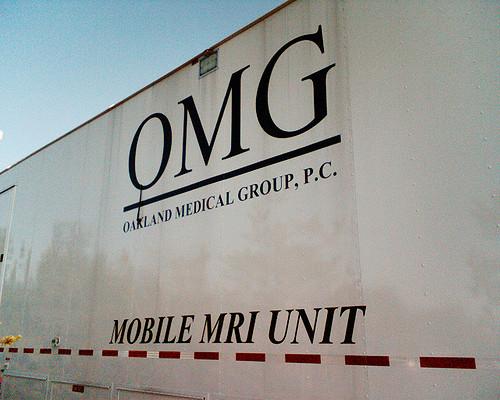
Going to the doctor can be a drag, but it can also be really important for preventing disease. It’s not just about the treatment you receive when you’re there, though. When doctors both listen to patients and address their concerns, patients may be more likely to take steps on their own to get preventive care.
This is especially important in underserved and rural communities, where residents often have higher rates of disease and lower rates of preventive screening. A recent set of studies by Elisia Cohen, the new director of UMN’s Department of Journalism and Mass Communication, highlights why provider-patient communication is so significant in these communities.
In the first study, Cohen and coauthors interviewed 24 Kentucky women living in rural Appalachia about their adherence to cervical cancer screening guidelines. In 2012, the US recommendations for cervical cancer screening changed to advise women to be screened every three years (instead of every year), and not before age 21 (instead of when they become sexually active). The researchers found that many women were uncertain about the guidelines, and conversations with healthcare providers both helped and hurt this uncertainty. Some doctors used uncertainty as a teachable moment, and their patients tended to put their trust in that knowledge. However, some healthcare providers did not communicate effectively. Responses from doctors like, “that’s just how we do things,” left their patients feeling disempowered and facing further uncertainty about when and why they should be screened.
In a second study, Cohen and other colleagues interviewed 27 women in the same region about their experiences getting mammograms. While women understood the benefits of breast cancer screening, they expressed several barriers to regular screenings, including pain and embarrassment from the procedure, less personal experiences with technicians, fears of cancer as a death sentence, and poor provider communication. For instance, women wanted to know what was happening during the procedure and why, but technicians did not always communicate this information with patients. Some women also felt ignored when they brought up how painful the procedure was for them.
In both of these cases, open communication with doctors and other healthcare providers could significantly improve the number of women getting preventative care. It is not enough for doctors to tell patients when to get screened. They must also make sure their patients understand why, because patient concerns may create barriers to getting preventative care at the appropriate time.
Photo by Chris Chan, Flickr CC

